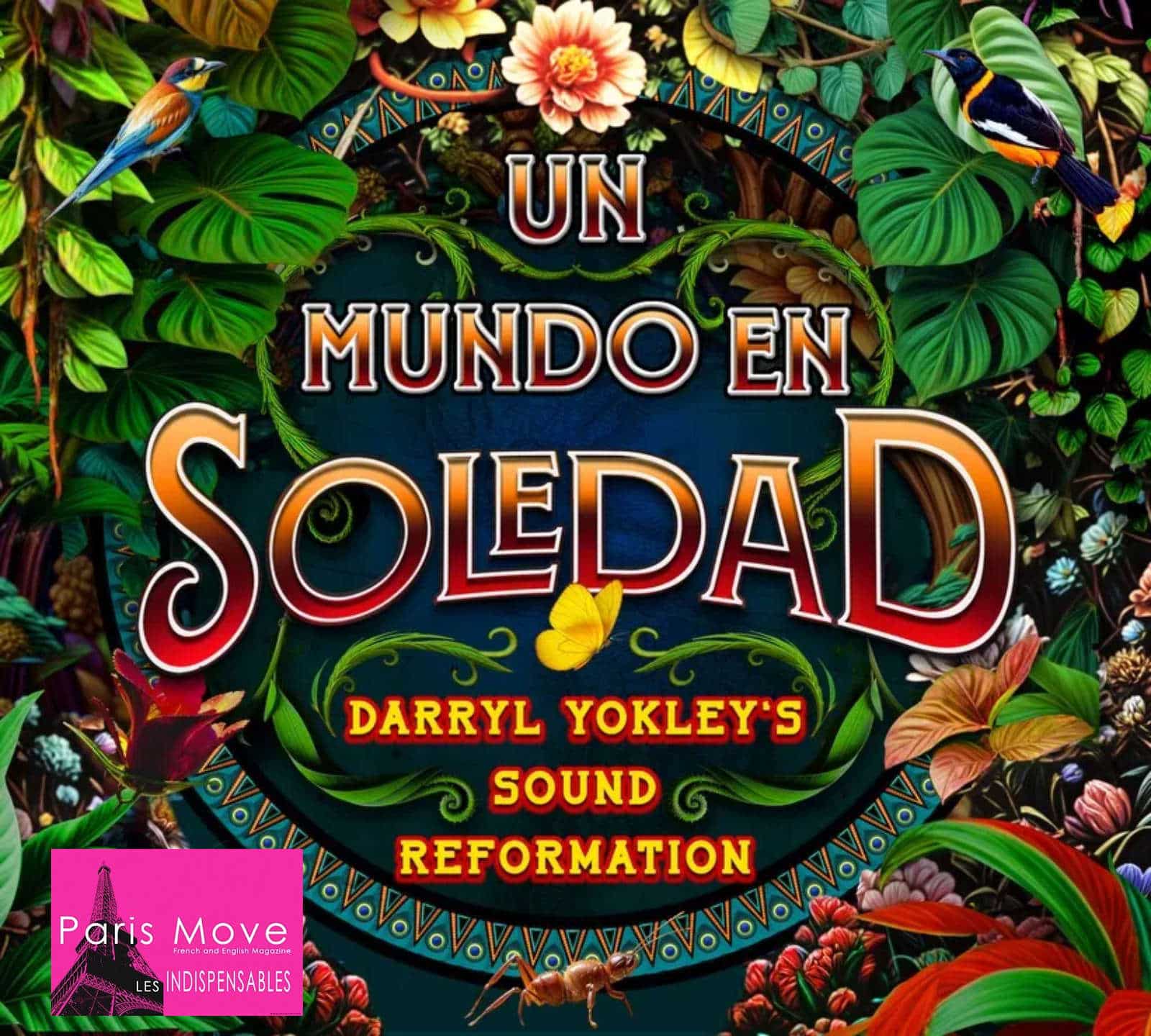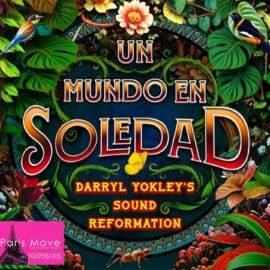| World |

Here is an exotic and poetic album that no art lover could remain indifferent to, an album that will immediately intoxicate listeners with its rhythms, saxophone, and lyrical form. Saxophonist Darryl Yokley and his group, Sound Reformation, announce the release of their new album, *Un Mundo en Soledad*, featuring pianist Zaccai Curtis, bassist Luques Curtis, drummer Wayne Smith Jr., and special guest, the legendary Latin percussionist Little Johnny Rivero.
From the outset, one is struck by the album’s Latin brilliance, both in its compositions and its arrangements—a complete alchemy that whisks the listener far away from wherever they might be sitting, transporting them to a world vivid with imagery. Occhi Magazine describes Yokley as “not only a masterful saxophonist but also a gifted composer and arranger…with a unique talent for captivating melodies and intriguing arrangements.” Meanwhile, *DownBeat* adds that he “conveys raw emotion through his instrument.”
“I do what I love, which is making music,” Yokley declares. “My greatest wish is to leave behind a legacy that can be appreciated long after I’m gone. I’d like to believe that the messages in my music and art could help change the world for the better, even if they touch only one person.”
This is an album to listen to intensely, passionately. It is in these moments, however, that one might regret not speaking Spanish, unable to fully savor the prose delicately scattered throughout. And if you wonder about the source of this magic, Yokley responds: “These musicians are like brothers to me, truly,” he says, highlighting Zaccai Curtis’s imaginative vision, the balance Luques Curtis brings to the group, and the driving force of Wayne Smith Jr. As for Rivero: “His feel, his sense of time, and the knowledge he’s gained over the years are priceless. He has truly left his mark on this project.”
Every track on this album draws inspiration from Gabriel García Márquez’s *One Hundred Years of Solitude*. Pieces like “El Pueblo,” “Melquíades, los Gitanos, y la Profecía,” and “Los Matrimonios Malditos” explore the novel’s themes, characters, and cultural contexts. Yokley skillfully incorporates Latin American musical elements, such as vallenato, while venturing into bold experimentation—such as the use of an Aztec death whistle on “Desaparecieron,” a haunting evocation of the 1928 Banana Massacre.
Yokley explains that each piece tells a part of the story: “Después de la Guerra” symbolizes hope after conflict, while “Los Gemelos Traviesos” portrays the curses and identity confusion within the Buendía family. The album culminates with “La Profecía Revelada,” a vibrant conclusion that accelerates the theme of Macondo toward its foretold destruction.
Nothing here is incidental; every element is deeply intellectualized, making this work both powerful and profoundly unique. It compels reflection—who could fail to appreciate such a creation? For me, this unquestionably deserves to be placed among our “Essential Albums.”
Thierry De Clemensat
USA correspondent – Paris-Move and ABS magazine
Editor in chief Bayou Blue Radio, Bayou Blue News
PARIS-MOVE, November 19th 2024
Follow PARIS-MOVE on X
:::::::::::::::::::::::
